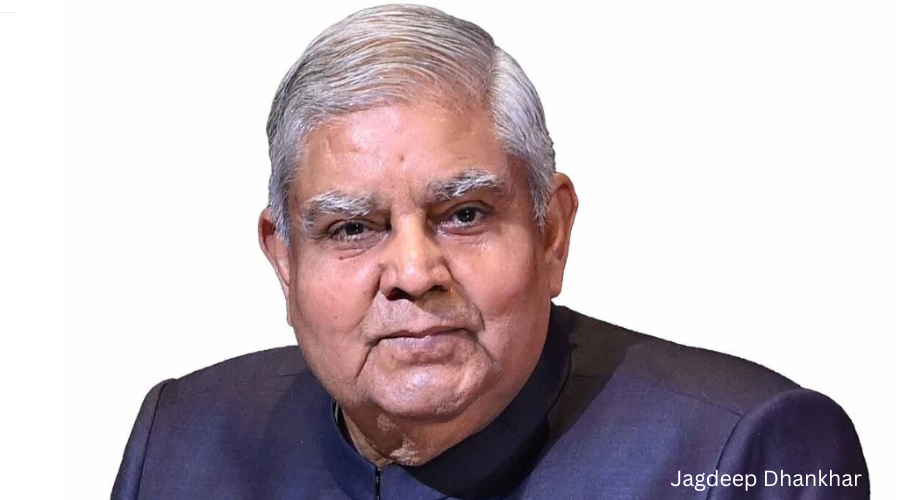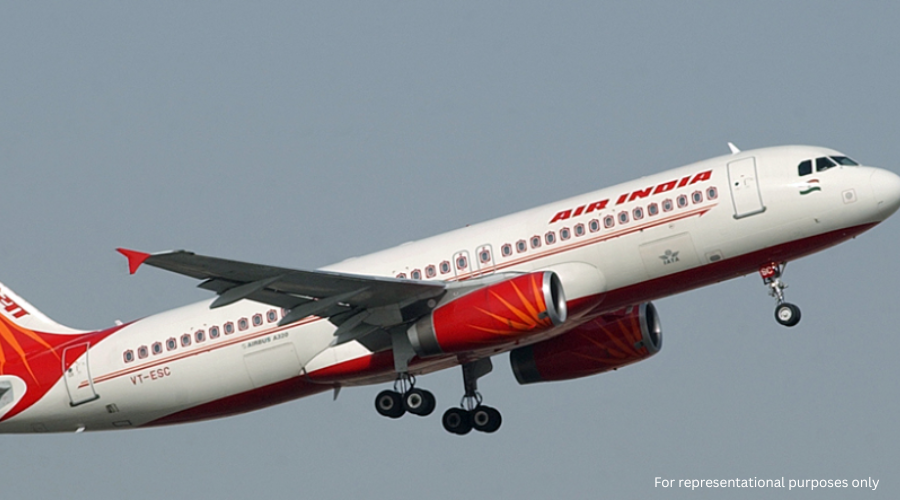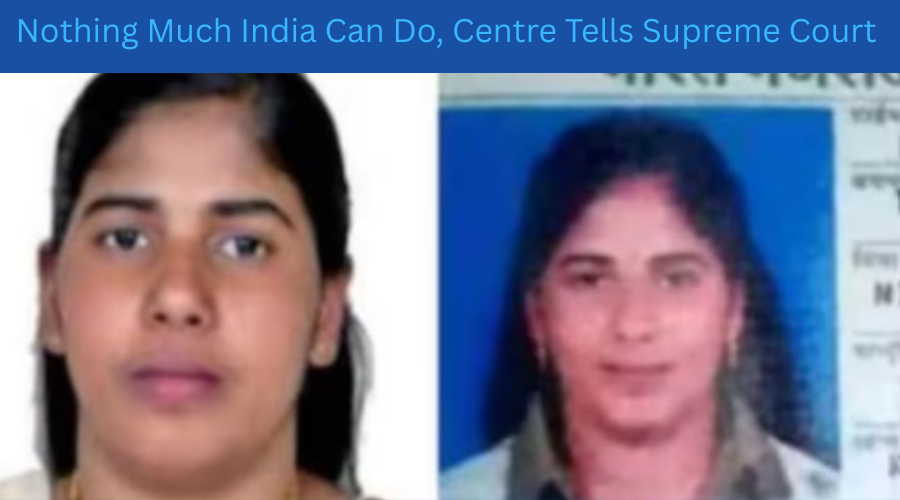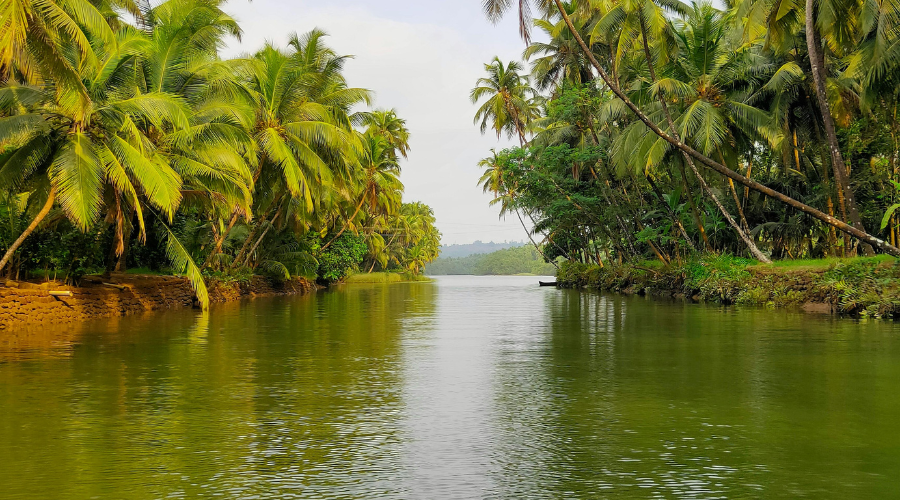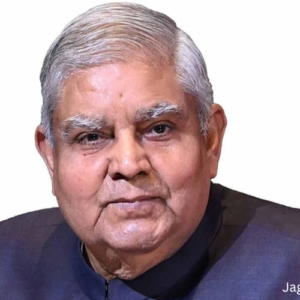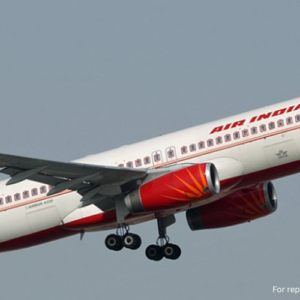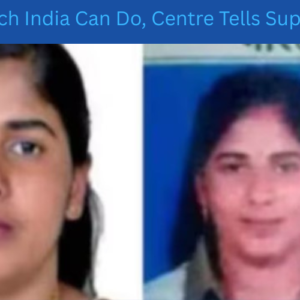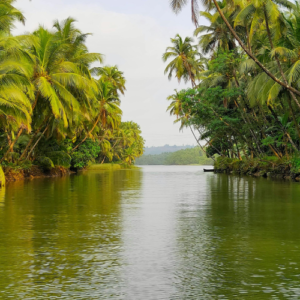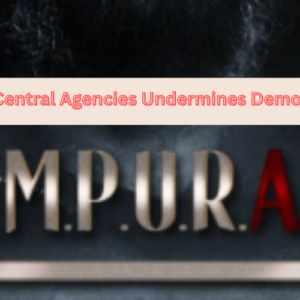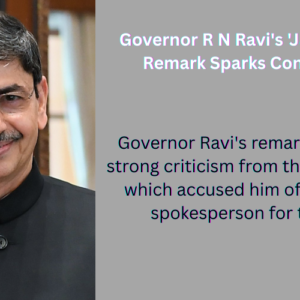The recent assembly elections in Chhattisgarh, Madhya Pradesh, Rajasthan, and Telangana are being perceived as a crucial precursor to the 2024 parliamentary elections, marking a semi-final showdown between the Bharatiya Janata Party (BJP) and the Indian National Congress (INC). In a noteworthy display of electoral prowess, the BJP emerged victorious in three out of the four states.
In Chhattisgarh, the BJP secured a substantial lead by winning 54 out of 90 assembly constituencies, while the Congress claimed 35 seats. Similarly, in Rajasthan, the BJP secured 115 out of 199 seats, reinforcing its political dominance.
The BJP appeared poised for a historic fifth consecutive term in Madhya Pradesh, winning an impressive 163 out of 230 seats. In a consolation victory, the Congress managed to secure Telangana, previously under the governance of the Bharat Rashtra Samithi party. In the southern state, the Congress won 64 out of 119 seats, surpassing the 39 seats secured by the Bharat Rashtra Samithi, while the BJP secured eight seats.
These victories offer a glimpse into the potential outcomes of the 2024 parliamentary elections, indicating a formidable performance by the BJP, particularly in the Hindi heartland.
Following the subpar performance in three states, concerns were voiced by the allies of the Indian National Developmental Inclusive Alliance (I.N.D.I.A) regarding the leadership of the Congress in the coalition.
Mamata Banerjee, Chief of the Trinamool Congress, attributed the Congress’s defeat to the absence of seat-sharing arrangements with other I.N.D.I.A allies. Samajwadi Party President Akhilesh Yadav also suggested that regional parties should take the lead in areas where they hold sway in the fight against the BJP.
However, the Congress, aspiring to maintain dominance in the I.N.D.I.A alliance, seems hesitant to accord prominence to other parties within the alliance during the upcoming parliamentary elections. The approach of the Congress, if it attempts to assert dominance without acknowledging the influence of other alliance members in specific regions, may hinder the impact of the I.N.D.I.A alliance in the parliamentary elections.
Facing the formidable BJP, the Congress must approach the upcoming elections with a heightened sense of seriousness. Meanwhile, under the stalwart leadership of Narendra Modi, the BJP is poised to secure power for the third consecutive term. The leadership’s hard work played a pivotal role in securing these victories. At present, Narendra Modi stands as the most influential politician in the country. His widespread acceptance among the populace is unparalleled.
Nevertheless, it is imperative for the BJP government to foster an atmosphere in the country where Hindus, Muslims, and Christians coexist harmoniously. A
substantial segment of the Indian population expresses concerns about potential disruptions to religious harmony in the country if the BJP returns to power at the center. It is imperative for the BJP to address and alleviate these apprehensions, demonstrating that such concerns are unfounded. Additionally, the party should actively work towards safeguarding the constitutional principles that make the country unique.
News in Same Category
 Assessing Navakerala Sadas: Final Verdict Hinges on Next Few Months Observations
Assessing Navakerala Sadas: Final Verdict Hinges on Next Few Months Observations
 Opposition Should Take Action to Resolve Public Complaints Received at Vicharana Sadas
Opposition Should Take Action to Resolve Public Complaints Received at Vicharana Sadas
 Israel Must Halt Military Actions Against Innocent People in Palestine
Israel Must Halt Military Actions Against Innocent People in Palestine
 It is time to provide aid to the residents of Chennai who are grappling with heavy rains and floods
It is time to provide aid to the residents of Chennai who are grappling with heavy rains and floods
